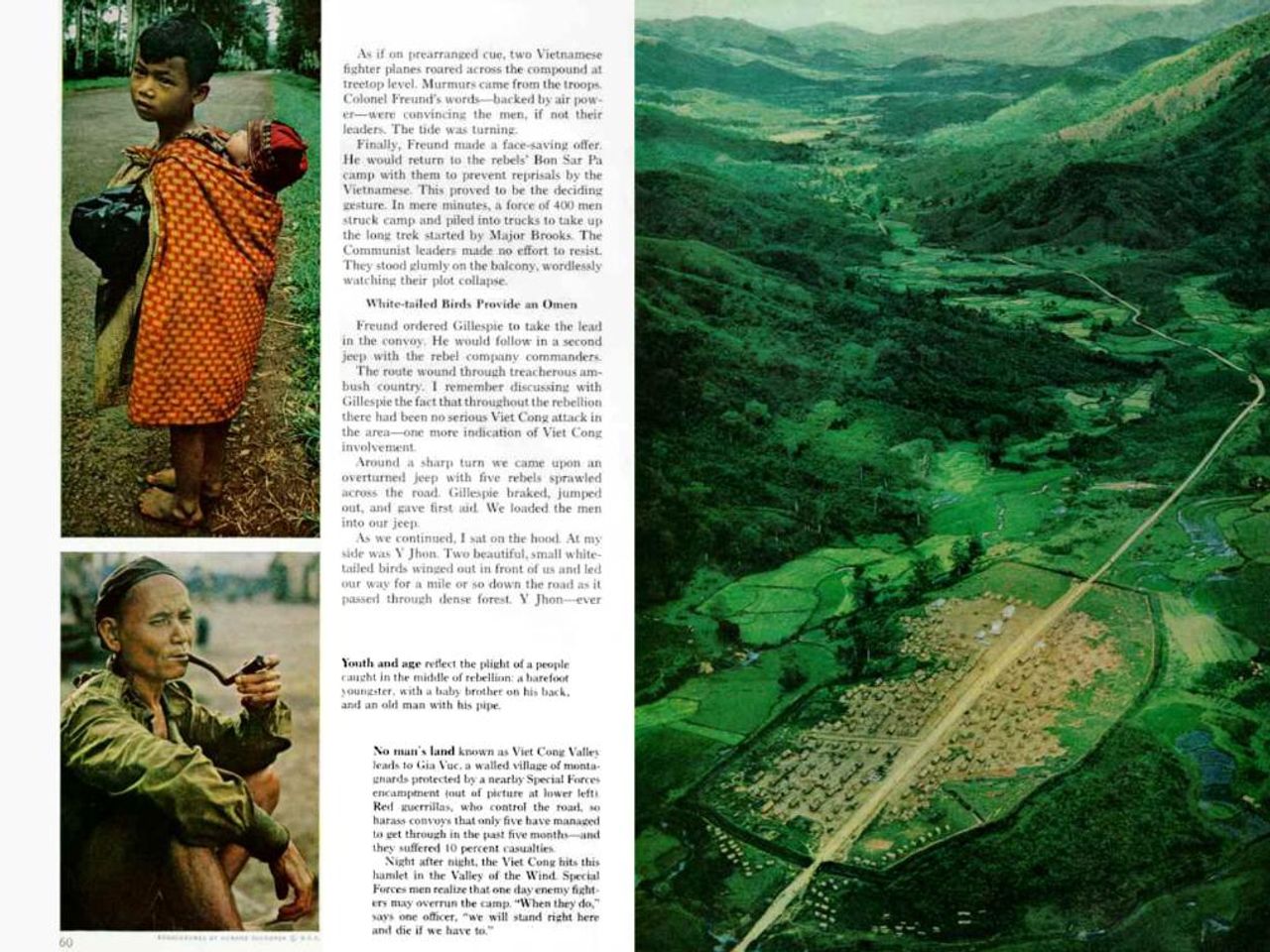The Destruction of the Berlin Wall Marks a Pivotal Moment Towards European Integration
The Berlin Wall's dramatic fall on November 9, 1989, signifies a transformative moment in modern history, symbolizing the end of the Cold War, the division of Europe, and the resurgence of hope, freedom, and unity. This iconic event reshaped the global political landscape, directly influencing European unity. Originally erected in 1961 to prevent East Germans from fleeing to the West, the Wall was more than a physical barrier; it stood as a potent symbol of the "Iron Curtain" dividing the communist and capitalist worlds.
The fall of the Berlin Wall was precipitated by a series of events that weakened communist control in Eastern Europe:- By the late 1980s, the Soviet Union under Mikhail Gorbachev's leadership adopted policies of Glasnost (openness) and Perestroika (restructuring), fostering a more liberal political environment and increasing public unrest.- Pressure on the East German government grew, prompting it to announce on November 9, 1989, that East Germans would be allowed to cross into the West. Thousands of East Berliners rushed to the Wall, which the border guards eventually opened, leading to joyous scenes of reunification.
The fall of the Wall paved the way for the reunification of Germany, a monumental event in European history. This process involved the harmonization of political, economic, and social systems, bringing economic disparities and social integration issues. However, it also brought immense opportunities, spurring a transformative period for Germany and positioning it as a leading power in the new European order.
The fall of the Berlin Wall had a profound impact on European unity, accelerating the process of European integration. The event symbolized the possibility of overcoming divisions and building a united Europe based on shared values of democracy, human rights, and market economy. It also underscored the importance of regional cooperation and the benefits of a unified approach to political and economic challenges.
In the years following the Wall's fall, the European Community evolved into the European Union (EU), with its institutional framework designed to foster greater political and economic integration among member states. The Maastricht Treaty, signed in 1992, served as a testament to this vision of a unified Europe that could act cohesively on the global stage.
The fall of the Berlin Wall also stands as a powerful symbol of human rights and freedom, reminding us of the triumph of the human spirit over oppression and the universal desire for liberty. The images of East and West Berliners celebrating together, tearing down the Wall, resonate as a stark reminder of what people can achieve when they yearn for change and act collectively.
Following the fall of the Berlin Wall, a cultural renaissance swept across Europe, facilitated by the increased exchange of ideas, art, music, and literature. Berlin itself emerged as a cultural epicenter, attracting artists, musicians, and intellectuals from around the world. This cultural exchange fostered a greater appreciation for diversity and the blending of Eastern and Western European traditions.
To this day, the legacy of the Berlin Wall's fall continues to inspire efforts toward overcoming new forms of division and inequality across the globe. It serves as a reminder that solidarity, peaceful protest, and the continual struggle for a more just and equitable world are essential elements in the human spirit's pursuit of freedom.
The fall of the Berlin Wall was a catalyst for changes in government and politics, as it led to the reunification of Germany, transforming the entire European political landscape and paving the way for the establishment of the European Union (EU). In the realm of democracy, the event symbolized the triumph of openness, restructuring, and human rights over division and oppression, underscoring the importance of regional cooperation and unity in overcoming challenges. In the realm of general news, the event's impact extends beyond Europe, inspiring worldwide efforts towards social change and the pursuit of freedom.








